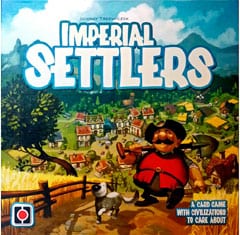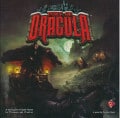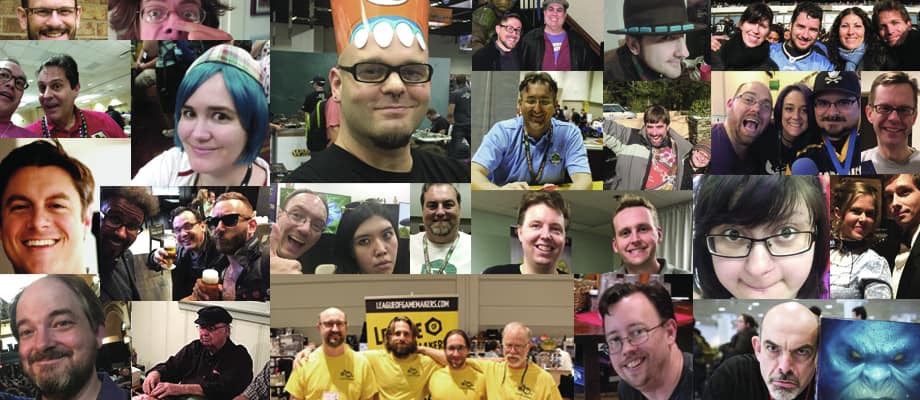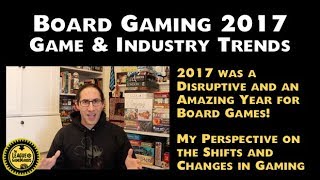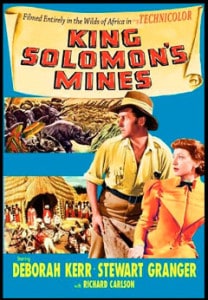
Currently in Television programing the “buzz word” is “Reboot”. The recent airing of a remake of the 1977 9 Emmy winning Roots by Executive Producer Mark Wolper son of the original Roots producer David L Wolper is a good indication of the appeal of bringing back the “oldies” but “goodies”.
1977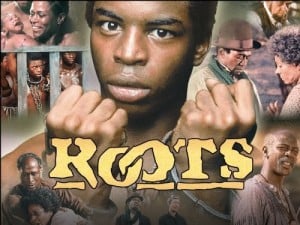 2016
2016 
In the comedy category, Netflix & actor John Stamos rebooted the 1987 to 1995 Full House with some of the original talent returning with the show Fuller House.
1987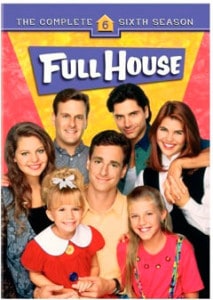 2015
2015 
Coming soon is the Reboot of Ben Hur in your local theatres.
1959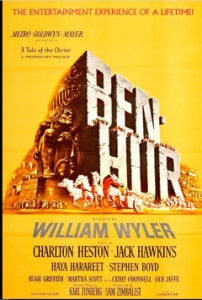 2016
2016 
GAMING REBOOTS
So, what about the gaming industry? Does it have its “Reboots”? In video games, the YouTube channel Watch Mojo distinguishes remakes from reboots and in this top 10 reboot playlist they give the #1 spot to the “Prince of Persia: the Sands of Time.”
And board games? Some feel that Imperial Settlers is a reboot of 51st State both designed by Ignacy Trzewiczek. It’s been said that his answer to an interviewer’s question about what inspired him to create Imperial Settlers moving away from a fairly gritty post-apocalyptic theme of 51st State to a more generic historic civilizations theme was that it was nearly impossible to explain the original game. Gamers who learned the game, liked it, but others tried to play and gave up.
A definitive example of “Reboot” would be The Fury of Dracula originally released in 1987. Almost two decades later a 2005 update Fury of Dracula brought the game current and did well. Well enough for a 2015 update which was thought to have improved the turn mechanics by some simplification and some character powers were tweaked which felt shifted the balance from a strong Dracula to a more competitive conflict with the hunters. Also, some streamlining of the combat mechanic was felt to be an improvement. The one complaint heard was that the graphics, especially the game board, was not as good as the 2005. Fury of Dracula can be considered to be a positive example of “Reboot”.
IT’S SAFE TO SAY THAT THERE ARE REBOOTED BOARD GAMES.
BUZZ WORD “REBOOT”
Most buzz words have varying understandings as to their meanings. Here’s what is stated in Wikipedia: “Reboots remove any non-essential elements associated with a franchise by starting the franchise’s continuity over and distilling it down to the core elements and concepts. For consumers, reboots allow easier entry for newcomers unfamiliar with earlier titles in a series. A soft-reboot term is also mentioned. “Unlike a reboot, which discards all continuity, a soft reboot relaunches and introduces a film, television, or video game series to a new generation of consumers while still maintaining continuity with previous installments in a franchise”
So are reboots good for board game design? Is it bad? Or just a fact and is good when it’s done well?
REBOOTING SOURCE OF THE NILE
A current soft-reboot design project on my table is based on an Avalon Hill out of print game called The Source of the Nile.
1978 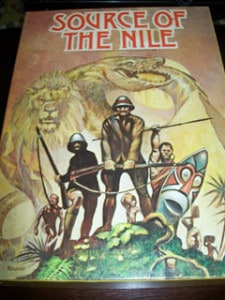
It’s also influenced by movies based on King Solomon’s Mines (1885) a popular novel by the Victorian adventure writer Sir H.Rider Haggard.
1950  1985
1985 
Here are just two of the issues I’ve been facing on the soft-reboot design:
- Like many of the Avalon Hill games of that period, the length of game play and complexity don’t fare well in the current board game market.
- Changing the victory focus from the original game
I wanted to retain the excitement of exploring the unknown of 1800s Africa and the tension & apprehension of the discovery of African tribes. Although King Solomon’s Mines were a victory point discovery in the Avalon Hill game the main goal was discovering the source of the river Nile. I decided to make the Mines of King Solomon, the working game title, the main discovery of the game design. Also to meet modern gamers’ expectations for no longer than 120 minutes of game play and preferably 90 minutes the game design would have to reduce number of unknown hexes while simplifying game play mechanics.
Stay tuned! The changes and modifications I’ve explored in meeting these issues might be another blog in which making a simulation type game into a Euro type game could be discussed.
REBOOT DESIGN EASIER OR HARDER THAN NEW IP?
Rebooting earlier successes appears to be a thing in current board games. Will there be more? or Is rebooting easier or harder than creating new IP? Is there an advantage in the fact that the framework is there? Or a disadvantage to having to stick to the original IP and maybe even closer – sticking to the previous version in the same medium?
WHAT DO YOU THINK?

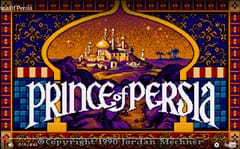
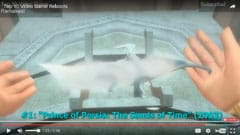
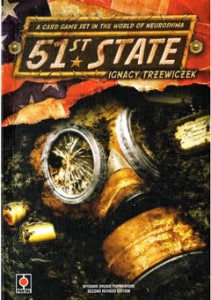 2014
2014 